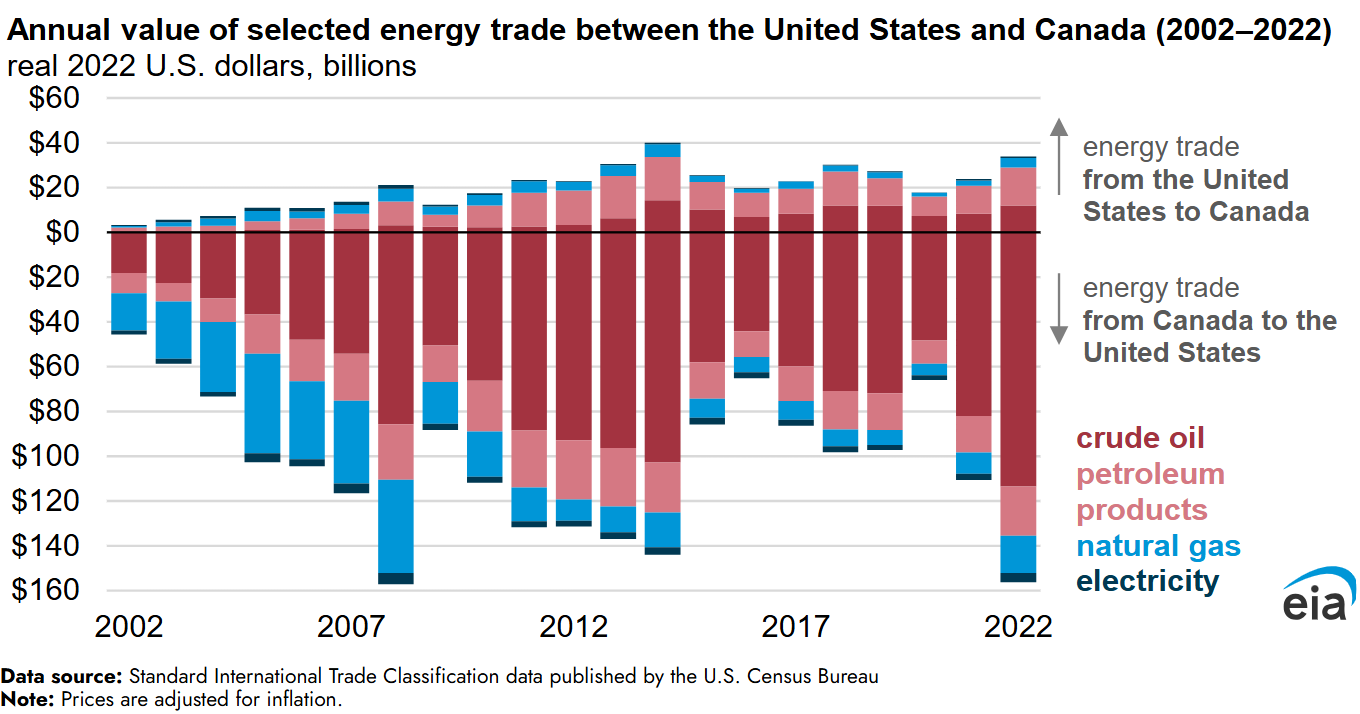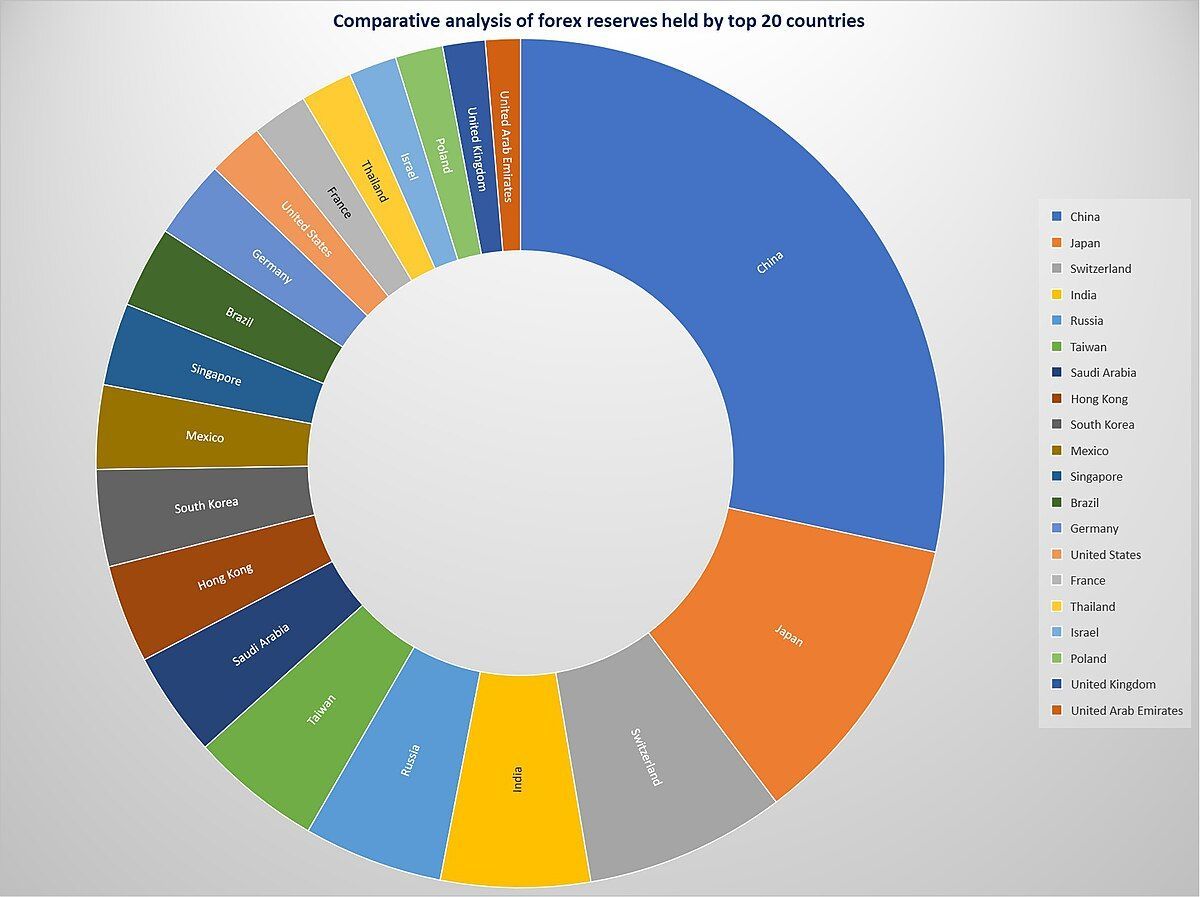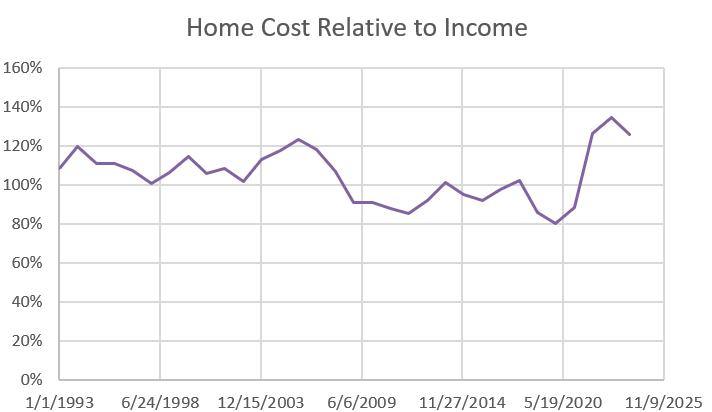Colin Read • December 24, 2023
NIMBY, Nuclear, and the Veil of Ignorance - December 24, 2023

The Achilles Heels of economics are two simple assumptions. One is that people are rational. The other is that markets work well to ensure that we collectively make production decisions for the greater good.
The profit motive enjoys an exalted position in economics because it embodies both rationality and our faith in the ability of our society to direct resources to their best use. Our response to threats to our ecosystem and environment demonstrates the delusion of some of our assumptions.
It is not that our social sciences do not prescribe a better world. Rather, human decision-making is rarely so clear and clean.
The social sciences strived to create an analogy to human decisions from the ways of nature. The natural world is in some sense an optimal survival of the fittest. Physical and chemical reactions may create myriad byproducts, but the overwhelming direction of such reactions is to optimize the most productive among the possibilities. An equilibrium favors the most efficient products and processes. For instance, Darwin described evolution as the survival of the fittest creations that are best adapted to and can most efficiently draw energy from the ecosystem around them.
Nature takes an additional step in its optimization. It has a tendency toward self-preservation by discouraging wastefulness and encouraging sustainability. Economists harness this intrinsic beauty of nature by assuming implicitly that our human systems model this same sort of behavior.
Perhaps in the extreme long run, our human interactions are governed by a sense of collective efficiency. It is clear, though, that even over the course of lifetimes, humans make decisions that defy efficiency and collective utility.
We see this most visibly in the realm of our environmental decisions. Scientists have attained a strong consensus on the function of our ecosystem, and have clearly described to the people and its leaders the ramifications if we pursue individual interests over our collective interest to sustain our human population and the planet.
We see the power of emotion and self-interest in many ways.
We have discovered that we can produce power sustainably and far less expensively than our reliance on hydrocarbons. Once we include the true cost of hydrocarbon consumption that would necessarily double its price, the Levelized Cost of Energy (LCOE) of natural gas plants, the burning of coal, and power for heat and transportation exceeds the cost of solar, wind, and wave power. Even nuclear power can be brought to market at a lower cost.
The problem is political. While science and engineering strive for efficiency, the cost of change is just too great for governments and corporations that preserve the status quo to avoid the backlash of change.
The underpinning of evolution is change. Nature produces a better mousetrap and survival of the fittest rewards its innovations. There is no analog to a political process that mobilizes those hurt by change to prevent evolution.
Humans are different, though. We can be divided into two groups. One advocates for our collective good by developing better technologies, using energy more efficiently, and fairly and efficiently distributing the bounties we can enjoy.
The other group laments how change may affect us personally. We want cheaper and more sustainable energy, but we don’t want to look at windmills or solar farms. We know that these energy sources are in different locations than our coal-fired power plants, but we don’t want new power lines built behind our backyards. And, our memories of Three Mile Island, Chernobyl, Fukushima and other Second Generation nuclear power plants cause us to shudder at the thought of building new Fourth Generation plants that do not have the problems associated with earlier designs. Indeed, a Fourth Generation plant can consume the nuclear waste left littering shuttered and operating legacy plants across the country.
Meanwhile, as we eschew the realm of the possible for NIMBY reasons or lingering memories, we commit feel-good exercises that give the perception of change without any change at all.
A couple of examples include greenwashing associated with carbon credits and renewable energy credits. Both boondoggles sound great and offer corporations and households alike to broadcast our virtue without really making a difference.
Both concepts are arguably well-intentioned, even if they fail miserably. The market for carbon credits argued that those whose activities remove carbon dioxide from the atmosphere should be rewarded by a system that permits them to sell these benefits to those who either wish to do good or who wish to offset their environmentally hazardous activities by purchasing such indulgences. As one drives a car with an internal combustion engine, uses hydrocarbons to heat our homes, and purchases products that require energy, we each on average produce about 16 tons of carbon dioxide per year.
A mature tree converts about 48 pounds of carbon dioxide to oxygen and carbohydrates per year. Each of us must then plant and maintain about 667 trees to offset our greenhouse gas footprint. While we like to think that the purchase of offsetting carbon credits goes to planting trees, these payments almost never actually increase global cleansing of greenhouse gasses. Instead, they usually merely prevent more trees from being cut down. This feel-good exercise does not at all cleanse the environment, even if it cleanses our conscience.
Even the highly resource-intensive and costly carbon-capture technology is fraught with irony. The combustion of one gallon of gasoline produces about 2.6 gallons of carbon dioxide if it can be compressed to 300 psi. AT atmospheric temperature and pressure, it occupies about 200 cubic feet, equivalent to about 1400 gallons. Oil companies have argued they can become carbon-neutral by pumping out of the atmosphere the carbon dioxide their product creates and reinecting the carbon dioxide into the space they leave in the oil wells they extract. The problem with their math is that they produce between 2.6 and 1400 times more volume than they create, and the carbon capture would have to triple the price of the oil they sell. However, they do at times reinject carbon dioxide, but not to enhance sustainability. Instead, it is used to push more oil out of the ground.
Another example is the Renewable Energy Credit scheme. If you wish to believe that you are purchasing only electrons flowing down the powerline to your home from solar, wind, or other clean sources, you can designate to your supplier that you want only clean electrons. For this you pay a price which presumably then flows to incentivize more such power production.
Forgetting the fact that those electrons arriving at our home or business are most likely from the closest and not the cleanest facility, such credits are often not clean. For instance, a waste incinerator may produce energy as it condenses biomass and saves on landfill costs. But, in the process, incinerators belch into the environment carbon dioxide and dangerous clouds of chemicals. Simply because it recovers heat energy that would otherwise have been lost does not make it renewable or environmentally benign. Indeed, most of the credits paid into such schemes go to brokers who mark up costs by 400% so they can collect a huge profit from each such transaction.
In fact, the U.S. government is one of the largest purchasers of such renewable energy credits. A Biden-era executive order is diverting even more federal funds to the purchase of such credits so we can collectively argue we are doing something to make the planet more sustainable. However, not only are we using taxpayer dollars to mostly pay brokers, but we are in many instances not reducing greenhouse gasses at all, and may even be creating them.
Yet, much of the hope to which nations agreed in the most recent Conference of Parties 9(COP) talks requires actions by oil companies. Each such company knows that fulfilling the pledges made will decrease their competitiveness to such a degree that their very existence is threatened. For competitive reasons, each of them, and the countries that host them, wishes not to be the first to adopt policies designed to end their industry. Instead, each strives to be last. Instead of Not In My Back Yard (NIMBY), they strive for Not In My Lifetime (NIML). It is a race to be last upon which we pin our global warming hopes.
This is the tough reality of sustainability. We hope for magic bullets that require no change in behavior and only small investments in imagined technologies. By placing hope before reality, we can greenwash our path of inaction. We can do better, but we must acknowledge that change is always costly. There are no easy fixes that make us feel good about moving toward sustainability. If there were, we would already be doing them. No, all the innovations we must make are painful at first, even if we will be grateful in the long run.
The problem is that the long run is decades or generations away, Meanwhile, we must make sacrifices today.
We as mortal discount the future. An energy savings in a decade, or in the two or three decades it takes to bring online a new nuclear design in the U.S., compared to four years in Japan, is weighed against the very real costs and sacrifices today.
Certainly a generation or two down the road will appreciate our efforts today to address global warming. They will save in cleaner and cheaper energy, a slower acceleration of storm intensity, flooding, droughts, and sea level rise, and a decrease in the rate of disappearance of species. But, these benefits that some argue have a speculative element, and all agree take generations to garner, are conferred on a different generation than those making the sacrifice today.
This is the primary problem with politics. We make decisions we perceive to be of highest value now, today rather than decades down the road. We do so by voting, but we do not give a vote to those generations from now who are most affected by our pocketbook decisions today. We rationalize our decisions because humans have difficulty incorporating the distant future into decisions today and because the future always has a speculative element. We can always hope that some new technology will be invented someday that will negate our detrimental decisions today. The lament is summed up by Creedence Clearwater Revival in their lyric “Someday Never Comes.”
My hope for a new year is that we learn to put on a veil of ignorance. The philosopher John Rawls’ notion of decision-making that is ignorant of my personal original position and instead reflective of classes or generations of society to which we could have been born would induce us to make decisions consistent with a more expansive and intergenerational greater good.
Economists take as an act of faith that institutions arise to ensure such long term economic efficiency. This faith suffers at least partially because the value of our economy today still remains biased against tomorrow because we mortals inevitably discount the future. Even if this intergenerational externality can be remedied, myriad other market imperfections create economic hurdles to the adoption of good science.
Of course, the legal and political system is capable of narrowing these gaps. Laws are guardrails that deter us from engaging in personal decisions that may harm others. Some of these laws are statutory, made by politicians with intergenerational sustainability and social harmony at heart. We know our system is capable of doing so, but it requires political courage and voter tolerance. However, the tools of economics, with a faith in markets and a belief in rationality as the primary driver of human decisions, are at odds with the wishful thinking that may drive a greater share of our most important decisions.
It’s a Wonderful Life is on television tonight. This holiday tradition is a timeless affirmation of people before profits. Ironically, it is a movie that broadcasters can profit from for free because an oversight caused its rights owners to not renew its copyright back in 1974. To have such a timely message in the public domain is nonetheless a message we should remember all year. I hope someday for a sequel “They Are Wonderful Intergenerational Lives.” Okay, now we understand why economists are not screenwriters.
This day I reflect on life as I mourn the loss yesterday to cancer of a most enduring friendship since grade school. My dear friend, Andrew Hansen, regularly wrote me about my blogs as he traveled around the world in a sailboat with his dear wife Liane. Such a challenge of a circumnavigation in a boat so small compared to the vastness of oceans was not unusual for Andrew. He and I raced bicycles together and he went on to become the Canadian National Champion and race around Europe. His determination in life and his ability to rationally think through and overcome obstacles has been an inspiration to me and many others. It has been less than 24 hours, but I already miss his presence and his constant sounding board on my writings, especially in topics such as today’s. We both shared an intense interest and concern about sustainability and the long term viability of humankind, even when we must today recognize human mortality. I miss you, Andrew. Our memories live on.









